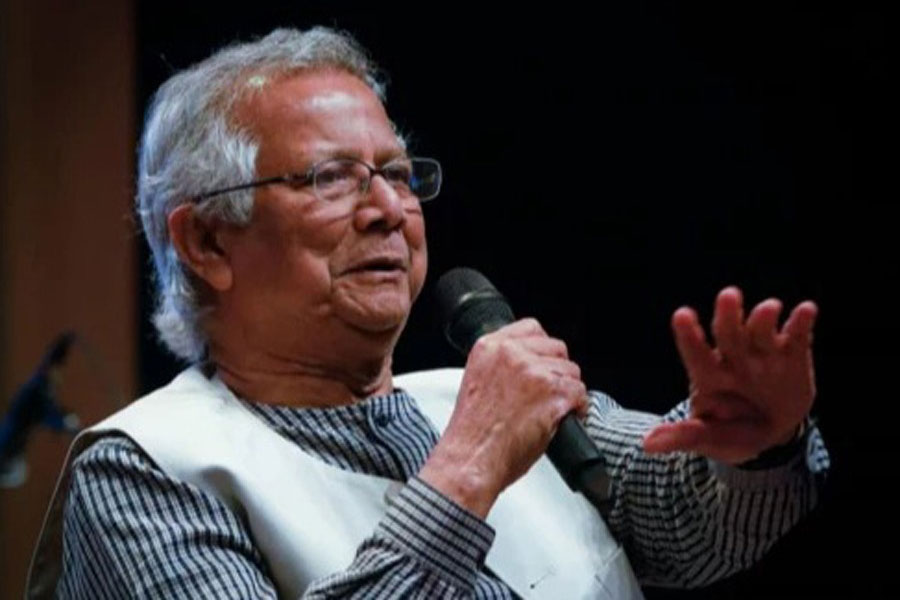Chief Adviser calls for regional economic cooperation, hydro power collaboration with Nepal

Published :
Updated :

Chief Adviser Professor Muhammad Yunus has called for an integrated economic strategy between Bangladesh, Nepal, Bhutan, and the Seven North Eastern States of India, emphasising the potential of cross-border collaboration in hydropower, healthcare, and road connectivity.
The Chief Adviser made these remarks on Monday during a courtesy call paid by Ms Indira Rana, Deputy Speaker of House of Representatives of the Federal Parliament of Nepal, who is currently visiting Bangladesh for attending an event organised by the Embassy of Nepal in Dhaka.
Professor Yunus stressed the urgency of fostering regional cooperation through shared infrastructure and energy initiatives. “There should be an integrated economic plan for Bangladesh, Nepal, Bhutan and the Seven Sisters,” he said, referring to the northeastern states of India. “We have more to gain together than apart.”
One of the key points of discussion was cooperation between Bangladesh and Nepal in hydropower sector, said a spokesman of the CA Office.
Referring to the Bangladesh-Nepal-India Tripartite Power Sales Agreement that was signed in last October to import 40MW hydropower from Nepal to Bangladesh using the Indian grid, both sides emphasised the importance of having more hydropower initiatives in larger scale.
The Chief Adviser also reiterated Bangladesh’s commitment to expanding healthcare access across the region. “Our upcoming 1,000-bed hospital in Rangpur will be open to patients from Nepal and Bhutan as well. We believe in regional health security and shared prosperity,” he said.
Deputy Speaker Indira Rana conveyed Nepal’s interest in deepening bilateral ties across sectors. “All our parliamentarians want to work closely with Bangladesh,” she said. “We’re serious about strengthening our economic partnership and boosting people-to-people connections.”
The Deputy Speaker highlighted the significant presence of Nepali students in Bangladesh, noting that over 2,700 are currently studying in Bangladeshi institutions, primarily in medical colleges. She praised the quality of education and called for more educational exchanges and academic cooperation between the two nations.
The two sides also discussed enhancing physical connectivity. The Chief Adviser noted that improving direct road links with Nepal would significantly lower trade costs and ease the movement of people and goods across the region.
The meeting was attended by Mr Ghanshyam Bhandari, Ambassador of Nepal to Bangladesh; Lamiya Morshed, SDG Coordinator to the Chief Adviser; and Ishrat Jahan, Director General at the Ministry of Foreign Affairs.
mirmostafiz@yahoo.com


 For all latest news, follow The Financial Express Google News channel.
For all latest news, follow The Financial Express Google News channel.